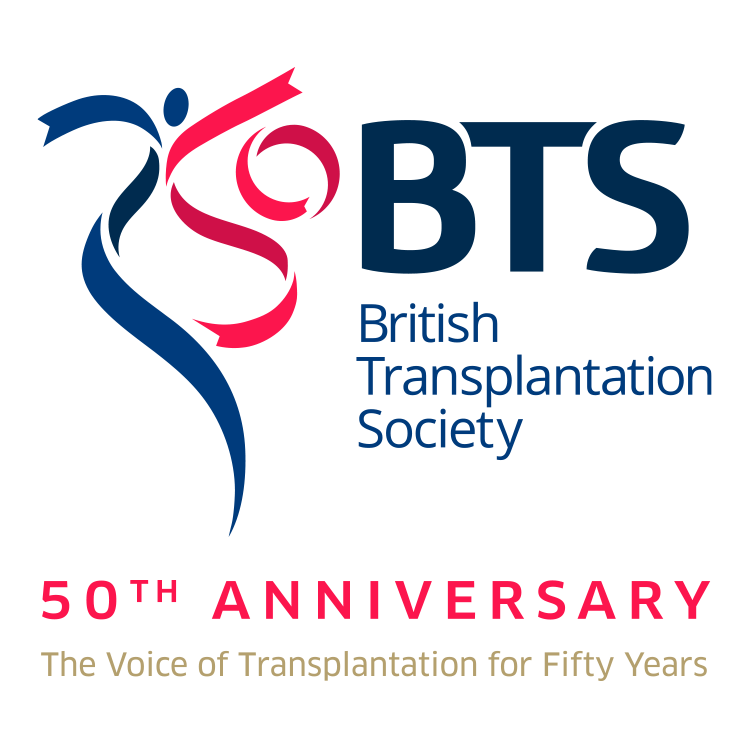› 2023 Joint Winners
Angus Hann
Outcomes of normothermic machine perfusion of liver grafts in repeat liver transplantation (NAPLES initiative)
Emily Thompson
MicroRNA antagonist therapy during normothermic machine perfusion of donor kidneys
› 2022
Oliver Tavabie
A novel microRNA-based prognostic model outperforms standard prognostic models in patients with acetaminophen-induced acute liver failure
› 2021
Jenna R. DiRito
Lysis of cold-storage-induced microvascular obstructions for ex vivo revitalization of marginal human kidneys
› 2020
Zubir Ahmed
Prophylaxis of Wound infections-antibiotics in Renal Donation (POWAR):
A UK Multicentre Double blind Placebo Controlled Randomised Trial
› 2019
Joint Winner
David Nasralla
A Randomized trial of normothermic preservation in liver transplantation
Dr Gemma Banham
Belimumab in kidney transplantation: an experimental medicine, randomised, placebo-controlled phase 2 trial
› 2018
Chris Johnston
A structurally distinct TGF-beta mimic from an intestinal helminth parasite potently induces regulatory T cells
› 2017
Jason Ali
Diversity of the CD4 T Cell Alloresponse: The Short and the Long of It
› 2016
Jason Ali
CD8 T-cell recognition of acquired alloantigen promotes acute allograft rejection
› 2015
Michelle Willicombe
Postanastomic Transplant Renal Artery Stenosis: Association with De Nobo Class II Donor Specific Antibodies
› 2014
Kate Milward
Multiple Unit Pooled Umbilical Cord Blood is a Viable Source of Therapeutic Regulatory T Cells.
› 2013
Chris Callaghan
Regulation of Allograft survival by inhibitory FcgRllb signalling.
› 2012
Dominic Summers
Analysis of factors that affect outcome after transplantation of kidneys donated after cardiac death in the UK
› 2011 Joint Winners
Thet Su Win
Donor CD4 T cells contribute to cardiac allograft vasculopathy by providing help for autoantibody production. Circulation: Heart Failure 2009 (2):361-9
Joanna Hester nee Wieckiewicz
In vivo prevention of transplant arteriosclerosis by ex vivo-expanded human regulatory T cells
› 2010
Yunchuan Ding
Mesenchymal stem cells prevent the rejection of fully allogenic islet grafts by the immunosuppressive activity of Matrix Metalloproteinase -2 and -9.
› 2009
Manuela Gaspar
Location and time-dependent control of rejection by regulatory T cells culminates in a failure to generate memory T cells.











